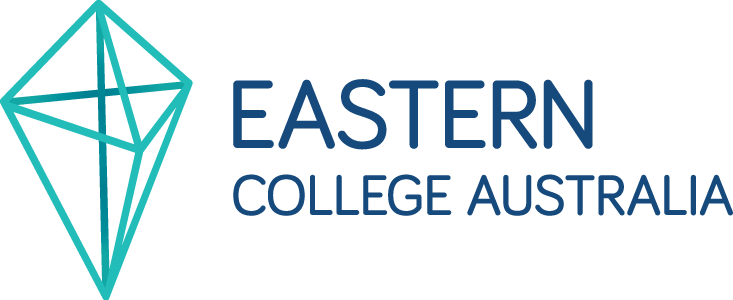The College aims to provide teaching, training and research from a Christian worldview that serves the Christian church and community while contributing to human flourishing through the transformed lives of its graduates. It promotes a holistic method of education and provides an environment where academic learning, spiritual development and service take place.
Strategic Priorities of the College to be supported by pedagogy
The approach to pedagogy should reflect two key Strategic Priorities of the College:
- Reputational excellence as a Christian Higher Education Institute
- Faith integration of Christian values and worldview in pedagogy, learning and teaching
The Pedagogy Policy establishes a framework for the development and delivery of courses and units of study that support and integrate with the strategic directions of the College as well as its vision, mission and values. (HESF §1, §2.1)
This policy applies to all Higher Education courses and coursework delivery staff whether employed by the College or a Third-Party Provider.
Developing and implementing learning strategies for accredited courses
The Learning Teaching and Research Committee (LTR) is responsible for developing the learning and pedagogy strategies for each accredited course, and it will delegate implementation to the Dean of Faculty and the Course Co-ordinators.
Unit Coordinators are to oversee the review and updating of all the pedagogy methods before every unit delivery
Faculty Responsibilities
Faculty members are responsible for developing, delivering and reviewing learning, teaching and pedagogy strategies to ensure that they are:
- Relevant
- Innovative
- Contemporary
- Responsive to the needs of students, wider stakeholders, industry, the College and regulatory requirements.
Student Expectations
In addition to guiding them in the development of specific topic knowledge, students can expect that their learning experience, will be:
- Infused with a Christian worldview
- Facilitate spiritual formation
- Encourage critical, creative and innovative thinking
- Enable engagement with alternate worldviews and current social concerns.
Student conduct and academic responsibilities are detailed in the Student Academic Responsibilities policy.
Graduate Attributes
The key qualities, skills, and understandings that a student should acquire by studying at Eastern, as expressed in the Graduate Attributes (as approved 2022), necessitate specific outcomes in terms of learning and teaching. Therefore, approaches to pedagogy should:
- Enable students to know, experience, and understand the importance of biblically informed faith and worldview in human identity and character formation.
- Equip students to engage intellectually and respectfully with alternate worldviews, and the values and perspectives of others.
- Engender excellence in evidence-based, contemporary knowledge and professional competencies in students’ chosen field of study for vocational calling.
- Stimulate intellectual curiosity, passion, and agility, valuing lifelong learning and thought leadership.
- Foster critical thinking, reflection, analysis, and communication skills.
- Model Christ-like humility as innovative and creative individuals equipped to be a transformative influence in an interdependent world.
- Promote students’ contribution to society as responsible global citizens with a commitment to social justice, environmental stewardship, and Christ-like compassion.
Approaches to Learning and Teaching
The approaches to learning and teaching of knowledge and skills will:
- Comply with Australian Qualifications Framework (AQF) requirements appropriate to the qualification level.
- Seek to integrate a Christian worldview as part of each course and unit of study.
- Utilise teaching methods that are engaging, inclusive and culturally competent.
- Involve flexible learning options including a variety of modes of delivery.
- Ensure subject materials are carefully constructed to scaffold students into optimal learning environments.
- Use teaching methods that are innovative, current and relevant to course objectives and student requirements.
- Take account of impacts of Generative Artificial Intelligence (GenAI) on pedagogy.
- Meet professional accreditation requirements, where applicable.
Responsibility for implementation and monitoring
The Learning Teaching & Research Committee (LTR) is responsible for implementing this policy, in conjunction with faculty, key stakeholders and students. LTR shall report on an annual basis against the goals and indicators of the Strategic Plan.
Annual Course Review
LTR Development Plan Annual Report
